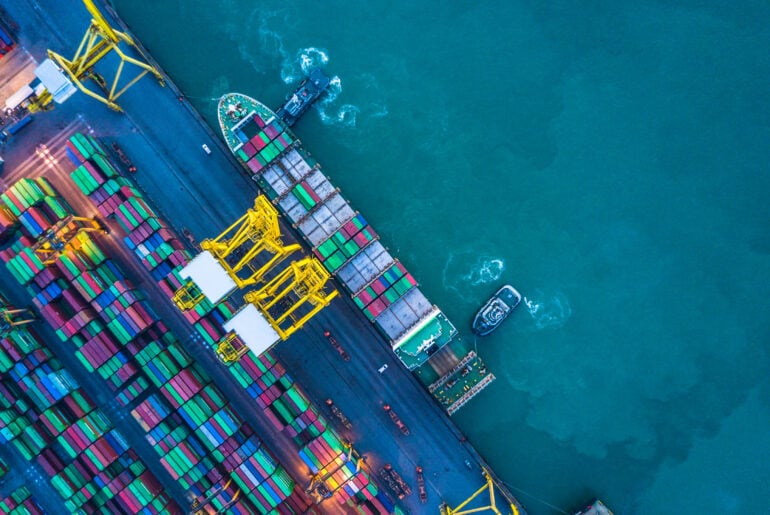China’s General Administration of Customs (GAC) has announced several facilitation measures aimed at supporting businesses engaged in foreign trade successfully resume production as soon as possible. On February 16, the GAC issued various measures to strengthen, support and ease difficulties faced by businesses, simplify business registration or filing processes, and help small- and medium-sized enterprises face challenges stemming from import/export issues. We outline several key measures:
- Accelerate inspections. Customs authorities will aim to accelerate inspection processes for production equipment and raw materials during import clearance procedures. Prioritization will apply to machinery equipment and raw materials urgently in need for domestic production. Should inspection be required, focus will be on machines, with unnecessary unpacking procedures minimized.
- Expand exports. To support export expansion, Customs authorities will optimize pre-export supervision procedures. They will also aim to provide effective certification services for the exportation of goods. These include but are not limited to quarantine certificates, processing certificates, certificates of origin, and health certificates. Customs authorities will also aim to speed up approval processes for export filing enterprises.
- Bonded zones. For businesses involved in value-added processing and assembly (including businesses in special customs supervision areas) whereby delays in production resumption might have caused entries under their trade manual account books to be written off, customs authorities may provide extensions for the filing of these entries.
- Physical inspections. GAC has also announced measures to reduce physical interaction of persons during customs clearance procedures. For goods requiring inspections, consignors and consignees will not be required to show up on-site when customs authorities are inspecting goods. Instead, they can authorize logistics operators to be present during inspections on their behalf, or inform customs authorities (via electronic means) that inspections should be performed in their absence.
For goods specific to dealing with the epidemic (for example, imported medicines, disinfection articles, protective supplies, and medical equipment), GAC has also announced the establishment of specialized protection groups, with the aim of establishing rapid customs clearance procedures for these items. Tariff exemptions have also been provided for certain medical imports.




